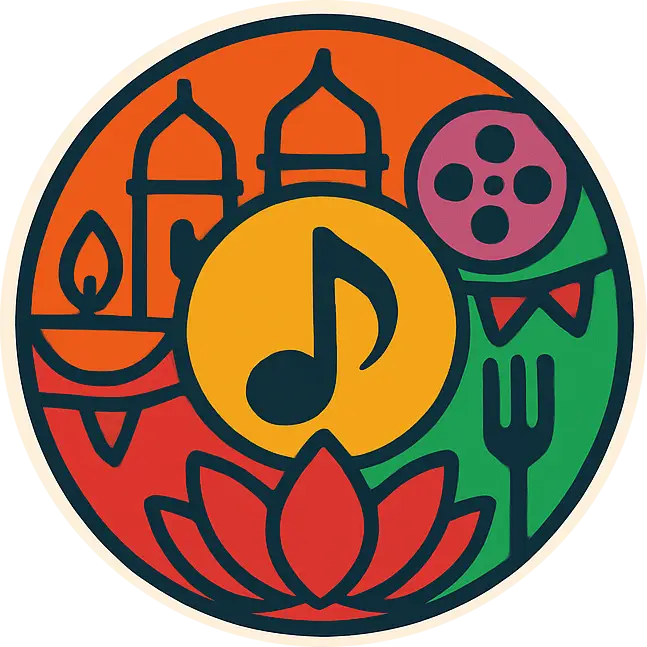Eid-ul-Fitr Festival : Celebration, History & Significance
🌙 Eid-ul-Fitr – The Festival of Breaking the Fast
Introduction:
Eid-ul-Fitr is one of the most important Islamic festivals celebrated by Muslims worldwide. It marks the end of Ramadan, the holy month of fasting, and is a day of joy, gratitude, and togetherness.
When it is celebrated:
- Eid-ul-Fitr falls on the 1st day of Shawwal, the 10th month of the Islamic lunar calendar.
- The exact date is determined by the sighting of the new moon, so it varies every year.
Why it is celebrated:
- Eid-ul-Fitr celebrates the successful completion of a month of fasting, self-discipline, and spiritual growth.
- It is a way for Muslims to express gratitude to Allah for giving them strength and patience during Ramadan.
How it is celebrated:
- Special Morning Prayer (Salat al-Eid):
- On Eid morning, Muslims gather in mosques or open fields for a congregational prayer.
- Zakat al-Fitr (Charity):
- Before the Eid prayer, Muslims give charity to the needy so everyone can celebrate the festival with joy.
- Feasting and Celebrations:
- Families dress in new clothes and prepare special meals and sweets such as Sheer Khurma, Seviyan, and Biryani.
- Eidi (Gifts):
- Elders give children and relatives money or gifts as a token of blessing and celebration.
- Social Gatherings:
- People visit friends and family, exchange greetings (Eid Mubarak), and strengthen bonds of unity and love.
Significance:
- Marks the end of Ramadan and the beginning of a new spiritual phase.
- Promotes charity, community bonding, and gratitude.
- Teaches forgiveness, humility, and compassion towards others.
Global Celebration:
Eid-ul-Fitr is celebrated not only in Muslim-majority countries like Saudi Arabia, Pakistan, and Indonesia but also by Muslim communities around the world in the USA, UK, Canada, Australia, and beyond.
✨ In short: Eid-ul-Fitr is a festival of gratitude, charity, and togetherness, reminding Muslims of the blessings of Ramadan and the importance of compassion and unity.
